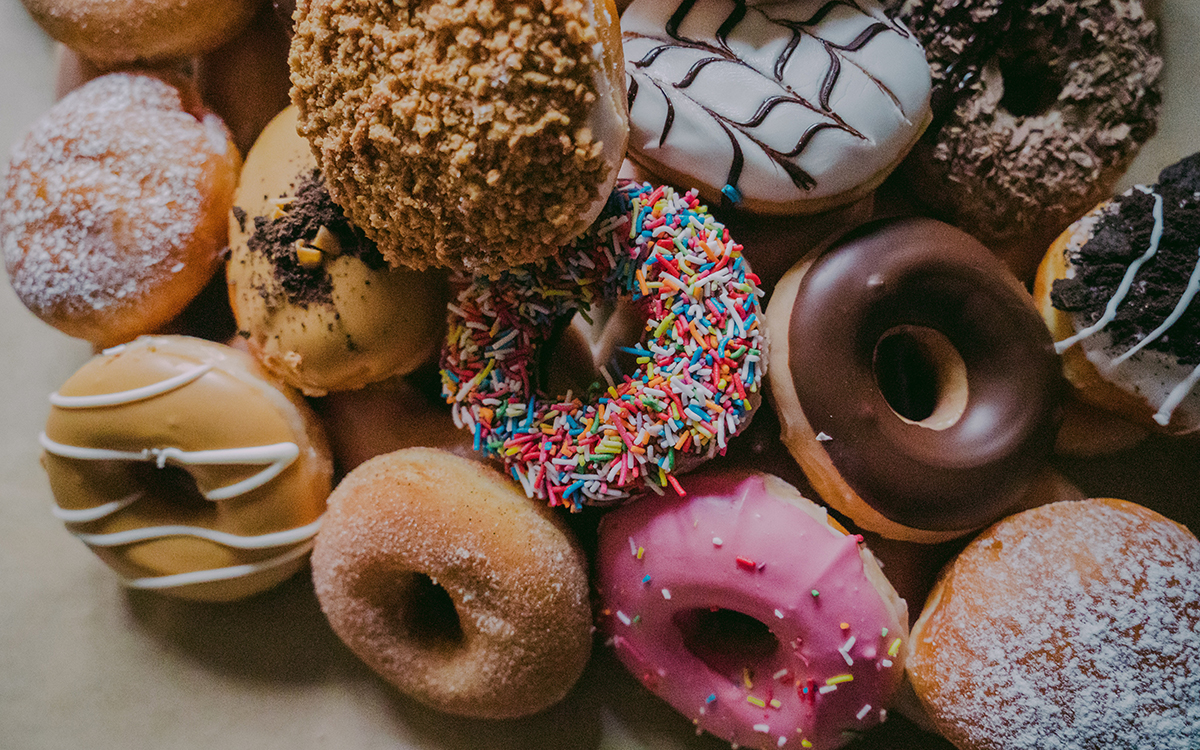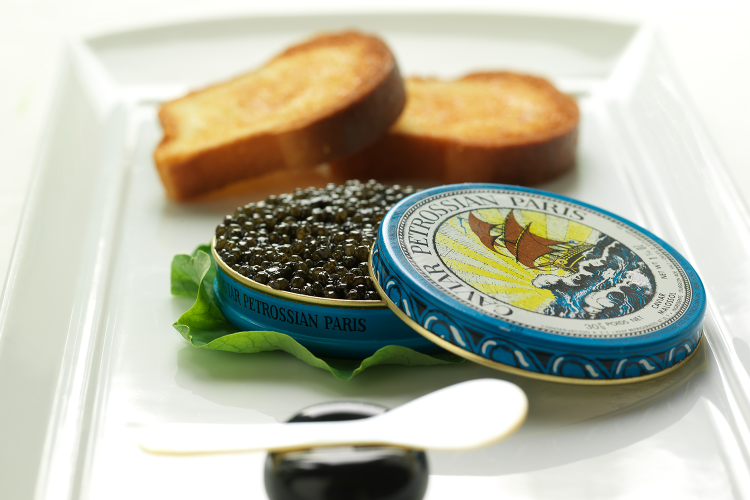In the third season of The Office, during an episode called “Initiation,” Michael Scott eats a pretzel covered in chocolate, marshmallows and sprinkles. For the next several hours, he bounces off the walls, annoys people more than ever, and even secures a big sale with an adrenaline-fueled speech.
Then, around 4:00, he crashes, and sleeps for the rest of the day.
Michael Scott is one of the most childish characters in the history of television, and it would be natural to diagnose his immature display as an example of a pediatric sugar high. But according to a recent installment in The New York Times’ “Ask Well” segment, which answers medical questions from readers, the sugar high concept is retrograde, especially when applied to children.
Dr. Richard Klasco explains that when drugs like Ritalin and amphetamine came into vogue in the 1970s, certain reticent parents tried to control their children’s hyperactivity through more natural means — like denying them cookies, ice cream and donuts. In 1994, though, a study written in the New England Journal of Medicine concluded that sugar does not affect children’s behavior or cognitive function.
It’s not surprising that academic studies were easily missed by millions of parents in a pre-plugged-in age, but the lack of knowledge on the subject, plus mimic-parenting (tell your kids what you were told as a kid), kept the “sugar high” myth alive, and tried to account for a real, medical issue like ADD with a brisk walk through the cereal aisle.
Of course, regardless of age, sugar does increase blood sugar levels, and releases dopamine in the brain. There’s no denying that it makes everyone feel good, if for just a little. Which is why it’s important nonetheless that we watch our consumption of it; excess sugar can adversely affect your teeth, your liver, your joints, your heart … you get the picture.
Subscribe here for our free daily newsletter.
Thanks for reading InsideHook. Sign up for our daily newsletter and be in the know.


















